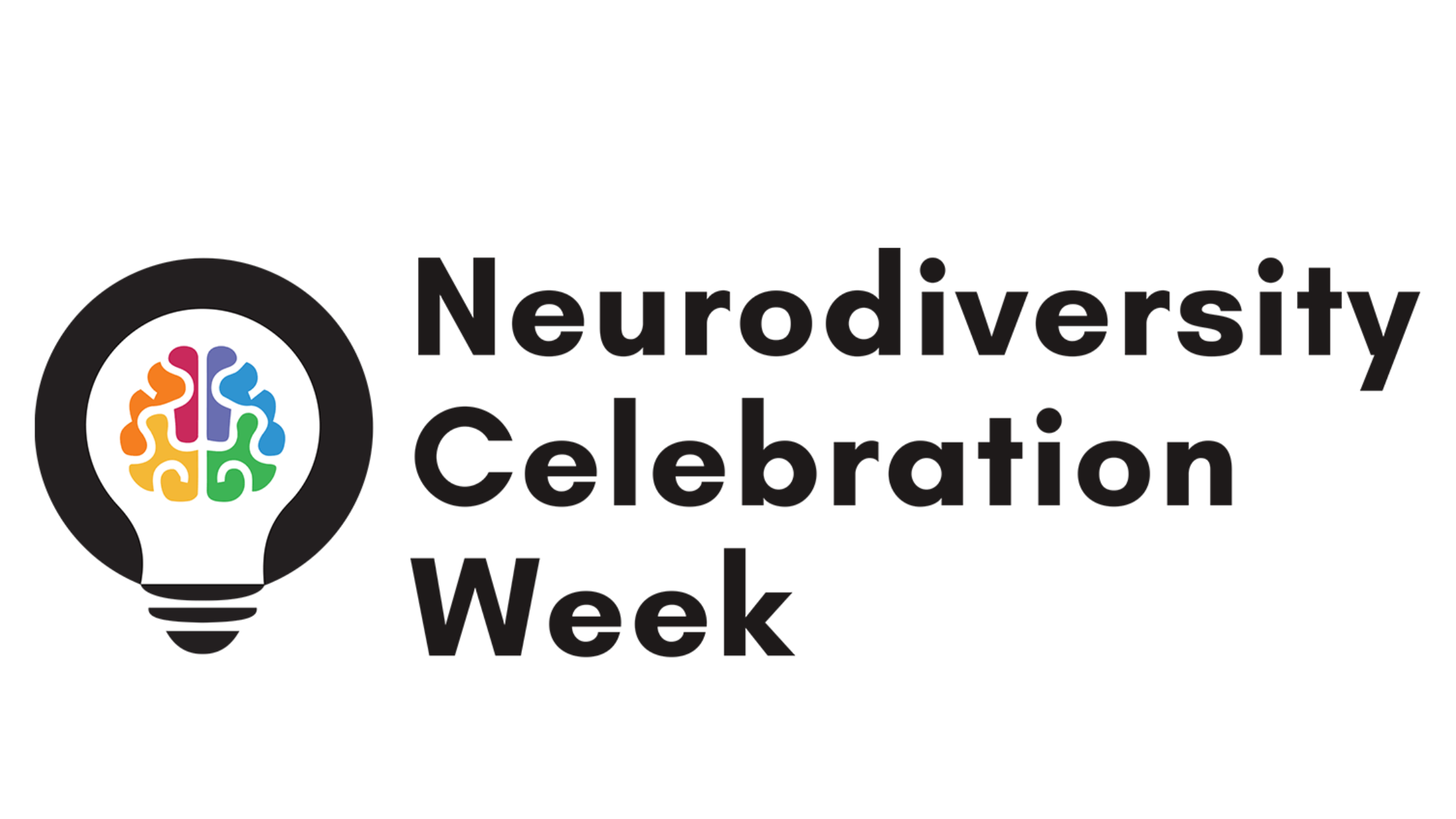For decades, careers followed a predictable path: employees stayed with one or two employers over their lifetime, steadily climbing the ladder with skills they learned early on. But that model no longer holds. In today’s fast-moving world, where hybrid work, automation, and AI are reshaping industries, the only constant is change.
This shift demands more than flexibility—it calls for a workforce equipped not just to survive disruption but to thrive within it. Companies that invest in continuous learning are leading the way. According to a 2024 LinkedIn Workplace Learning Report, 94% of employees say they would stay longer at a company that supports their development. This makes fostering a learning culture not just an employee benefit, but a business-critical strategy.
In this post, we’ll explore what it takes to build a learning culture that equips employees for the challenges of today and prepares organisations for the uncertainties of tomorrow.
Why an Adaptable Workforce Matters
The modern workplace requires more than technical expertise; it demands adaptability. In a world where 40% of core skills are expected to change within the next few years, the ability to learn and evolve has become a cornerstone of success for a number of reasons.
- Adaptable employees are more equipped to handle change, whether it’s adopting new technologies, responding to market shifts, or navigating hybrid work environments.
- This not only benefits individuals but also strengthens the organisation as a whole, creating a team that thrives in uncertainty rather than being hindered by it.
- Organisations that invest in regular upskilling and reskilling initiatives empower their employees to embrace change with confidence.
- This creates a ripple effect: employees feel valued and secure, while businesses gain a resilient, future-ready workforce.
From onboarding that sets the tone for growth, to tailored training programs that address emerging skills gaps, companies must integrate learning into their culture. By doing so, they don’t just respond to change. They drive it.
Six Methods to Instill a Learning Culture
Creating a culture of continuous learning requires more than offering training sessions. It’s about embedding growth into the fabric of the organisation.
Here are practical, proven methods to instill a learning mindset across your workforce:
1. Start with Leadership
A learning culture begins at the top. Leaders who prioritse their own development set the tone for the rest of the organisation. Encourage leaders to:
- Model curiosity
- Share their learning experiences
- Actively mentor their teams
When employees see learning as a valued behavior, they’re more likely to adopt it themselves.
2. Personalise the Learning Journey
One-size-fits-all training doesn’t work. Employees have unique needs and career aspirations, so offering personalised learning paths is critical.
Use tools like Learning Management Systems (LMS) to provide tailored content, whether through online courses, workshops, or mentorship programs. This ensures employees can grow in ways that are meaningful to them while aligning with organisational goals.
3. Embed Learning into Everyday Work
Employees often cite a lack of time as a barrier to learning. Overcome this by integrating microlearning—short, focused training sessions—into their schedules. Bite-sized modules can cover everything from mastering new software to developing leadership skills, making it easier for employees to grow without feeling overwhelmed.
4. Recognise and Reward Growth
Celebrate achievements, big or small. Recognising employees for completing courses, acquiring new skills, or mentoring others reinforces the importance of learning. Gamifying training programs with badges or incentives can also drive engagement and make learning a rewarding experience.
5. Create Opportunities for Collaboration
Encourage peer-to-peer learning through collaborative workshops, team problem-solving sessions, and knowledge-sharing platforms. These opportunities not only foster skill development but also strengthen team dynamics, building a culture where learning is a collective effort.
6. Leverage Technology to Scale
In today’s hybrid workplaces, technology plays a key role in delivering scalable, engaging learning opportunities. Virtual training platforms, AI-driven skill assessments, and real-time feedback tools ensure employees can access resources wherever they are, fostering an inclusive learning culture that spans geographies and roles.
By embedding these practices into your organisation, learning shifts from being an occasional activity to an ongoing journey, helping employees and businesses stay future-ready.
How Chesamel Provided Google with a Versatile Workforce Solution
When Google needed a workforce solution to execute projects efficiently without increasing headcount, Chesamel stepped in with a tailored approach that prioritised adaptability and expertise.
Objective
To provide a versatile workforce solution that ensured efficient project execution while aligning with Google’s key marketing objectives.
Solution
Chesamel embedded 62 highly skilled on-site experts, spanning 16 countries, directly into Google’s teams. Managed and trained by Chesamel, these experts seamlessly integrated into project environments, delivering specialised execution and strategic alignment.
Result
The model enabled Google to scale its operations without impacting headcount, fostered enhanced collaboration, and established a trusted partnership for marketing expertise.
Ready to Future-Proof Your Workforce?
In a world where change is the only constant, fostering a culture of continuous learning is no longer optional. It’s essential. By empowering employees with the tools and mindset to adapt, organisations can navigate uncertainty, unlock new innovation, and thrive in the face of disruption.
At Chesamel, we specialise in creating tailored solutions that align learning with your strategic objectives. Whether it’s integrating skilled experts into your teams or designing programs that build adaptability, we’re here to help your workforce stay ahead.
Ready to invest in the future of your team? Let’s talk.


